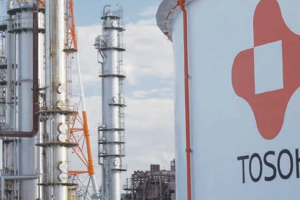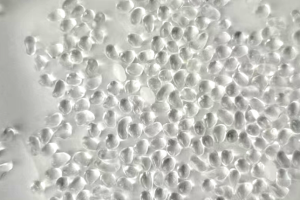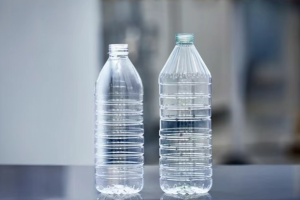October 27, 2024 – Plastic Modification Technologies: Enhancing Performance and Reducing Costs
In the plastic processing industry, modification technologies are gaining increasing attention as vital means of enhancing plastic properties and reducing costs. Through scientific modification methods, various aspects of plastics, including hardness, appearance, processability, transparency, mechanical properties, electromagnetic properties, aging resistance, wear resistance, thermal properties, flame retardancy, and cost, can be effectively optimized.

There are diverse plastic modification technologies, with the most common ones being filling modification, plastic alloys, and copolymerization modification. Filling modification involves adding specific fillers to plastics, which not only reduces production costs but also imparts special functionalities to the plastics. Plastic alloys, on the other hand, involve blending two or more polymer compounds with similar properties to form polymer blends; this method is simple to operate and widely applied. Copolymerization modification entails the polymerization reaction of two or more monomers to generate a new copolymer tailored to specific performance requirements.
According to Color Masterbatch Industry News, SEBS materials play a significant role in plastic toughening modification. Addressing issues such as plastic hardness and brittleness at low temperatures, SEBS modification technology can substantially enhance the material’s impact resistance. Taking PP material as an example, SEBS-based toughening modification can transform its fracture mode from brittle to ductile, while reducing crystallinity, increasing apparent viscosity and storage modulus, thereby significantly improving impact performance. This technology is also applicable to other plastic materials like PPO and PE, but attention must be paid to compatibility issues between materials.
Furthermore, SEBS materials demonstrate considerable potential in the modification of recycled PP. With the increasing scarcity of petroleum resources and rising plastic raw material prices, the recycling and reuse of waste PP products have become a focal point in the industry. However, recycled PP often suffers from low strength, lack of toughness, and easy breakage, limiting its range of reuse. Through SEBS-based modification, the performance of recycled PP is significantly enhanced, broadening its application scope and even enabling it to replace virgin PP resin particles in certain fields. This not only conserves energy but also reduces pollution, positively contributing to environmental protection.
Of course, besides SEBS materials, other toughening materials such as POE materials are also available in the market. These materials can similarly enhance the toughness and other properties of PP and other plastic materials. With the continuous development and innovation of plastic modification technologies, it is believed that more high-quality materials and technologies will emerge in the future, bringing more possibilities to the plastic processing industry.














